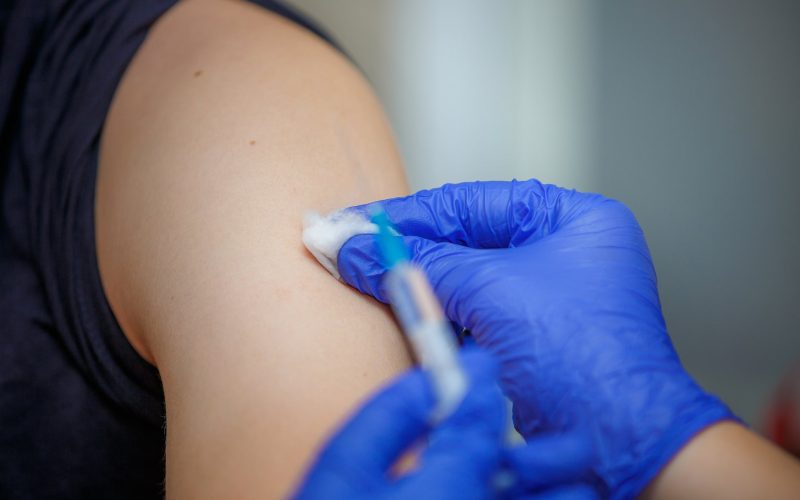A large international investigation into the possible protective effect of the BCG vaccine against COVID-19 has now also started in the Netherlands. The Dutch part of the study, in which 2,000 healthcare employees can participate, is coordinated by UMC Utrecht and Radboudumc.
“All people who work in a healthcare institution or those who have direct patient contact can participate in this placebo-controlled study,” says Marc Bonten, professor of molecular epidemiology of infectious diseases at UMC Utrecht. “After administration of the vaccine (or placebo), we will look at how often participants develop COVID-19 or other respiratory infections in the coming months. The vaccine is effective if the number of infections in those who received the vaccine is significantly lower than in participants who received a placebo. If the BCG vaccine turns out to be effective, it would be a welcome addition to the limited arsenal of COVID-19 drugs we have at our disposal at this time. ”
Two studies in the Netherlands with the BCG vaccine that were started earlier this year are currently already following 1,500 health care workers and 1,600 people over the age of 60: investigators are looking at whether the BCG vaccine offers (temporary) protection against the consequences of an infection with the coronavirus. This is to bridge the time until a coronavirus-specific vaccine is widely available. However, large-scale research is needed to demonstrate the possible effectiveness of the BCG vaccine. That is why a large study (BRACE trial) has recently been launched in Australia to investigate whether the BCG vaccine can protect healthcare workers against COVID-19. With 2,000 participants, the Netherlands therefore makes an important contribution to the BRACE study.
The Australian study was initiated by Professor Nigel Curtis, a medical researcher at the Murdoch Children’s Research Institute in Melbourne. “With the support of the Bill & Melinda Gates Foundation, we were able to quickly expand the BRACE survey to 10,000 participants and also roll it out internationally through the participation of Spain and the Netherlands,” says Curtis.
Mihai Netea, professor of Experimental Internal Medicine at Radboudumc (Nijmegen), is also pleased with the international research made possible by this grant. “We have been investigating the “side effects” of the BCG vaccine at Radboudumc for about ten years,” he says. “The vaccine does not only protect against tuberculosis and there is clear evidence that it can also evoke broader protection against other infectious diseases. Whether it also offers protection against COVID-19 must be shown by these BCG studies. The more people that participate in the study, the sooner we can expect results.”
The BCG vaccine was originally developed to protect against tuberculosis (TB), so it does not target the coronavirus directly. In addition to protecting against TB, the vaccine also seems to generate a (temporarily) boost of the immune system. This boost may offer additional protection against a coronavirus infection, which will hopefully reduce the number of people affected by the virus and also help to ease the infection. Although nowadays only certain risk groups in the Netherlands receive the BCG vaccine, it is administered annually to more than 130 million babies worldwide.
Participating hospitals are: Noordwest Hospital (Alkmaar), Radboudumc (Nijmegen), Rijnstate Hospital (Arnhem), St. Antonius Hospital (Nieuwegein) and UMC Utrecht. Some other hospitals may be added in due time. Healthcare staff (also from outside hospital care) who are not working at one of the above hospitals and who want to participate in the BRACE study, can register at one of these hospitals.
